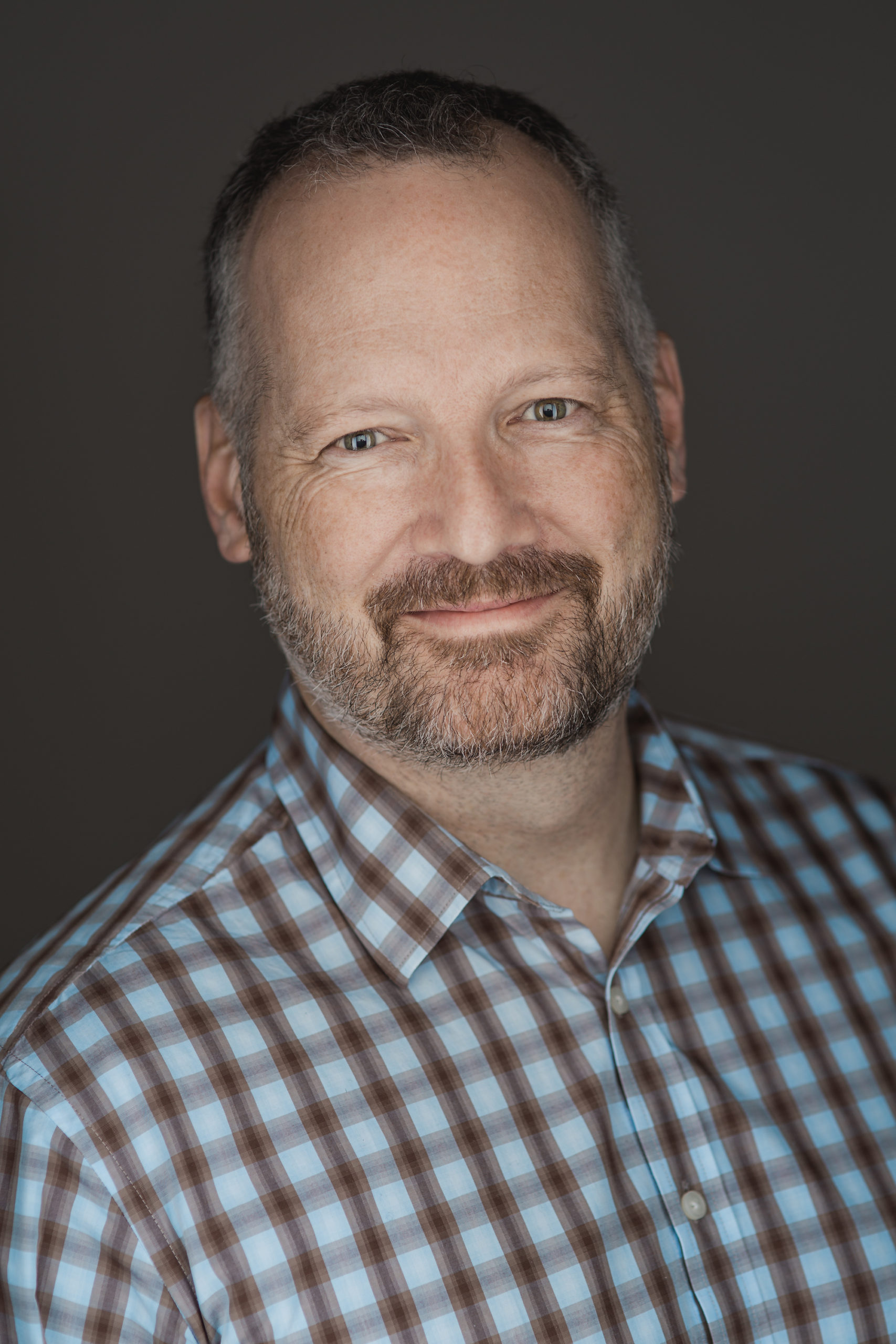[vc_row][vc_column][vc_column_text]
Karl Swannie, CEO of data accessibility company Echosec, is here to help us better understand the dark web and assuage our data fears.
When most people think of the dark web, they think of the embodiment of nefariousness. Its name doesn’t help it, occupying a space in our imagination along with “the dark prince,” diametrically opposed to the primary colours of Google. We might think of the dark web as the playing ground of all our worst fears, all humankind’s worst tendencies, where criminal activity rampages unchecked. A few of these common notions, though, are not founded in fact, and this is due to a lack of available information on and therefore fear surrounding the dark web.
Fret not, though — Karl Swannie is here to help assuage our data fears.
Swannie is CEO of Echosec, a company that specializes in data accessibility (a search engine that indexes the data on the dark web), and Beacon, a dark-web discovery platform (it helps Echosec’s clients learn about threats on the dark web and understand how to prevent them). Swannie hopes to shine a light on those parts of our digital world that lie in shadows. The best way to eradicate threats to social safety is to first learn of them so that they become less scary, and Swannie is working to promote this kind of learning. At the moment, Swannie’s clients are corporate security, public safety and retail organizations.
A public search engine such as Google has web crawlers that pull up information on public sites on the world wide web. But below this surface lies about 90 per cent of the internet — this is the deep web. And further below the deep web lies the dark web. The dark web is that part of the internet that isn’t indexed, or accessible by search engines such as Google, Wikipedia, or Bing. This doesn’t mean that it is de facto bad, but it does mean that the dark web is easier to use to commit criminal acts. Echosec is “essentially Google for the dark web” Swannie says.
What Swannie is doing, in essence, is mapping the digital unknown. And he seems to be the best man for the job: he studied cartography in school. “I fell in love with mapping all of the dynamic information that’s out there and live data,” he says. Swannie, ultimately, is in the business of promoting knowledge, and all the democratic ramifications of knowledge. [/vc_column_text][vc_single_image source=”external_link” external_img_size=”Large” alignment=”center” onclick=”img_link_large” img_link_target=”_blank” custom_src=”https://cdn2.hubspot.net/hubfs/2221756/dark-web-versus-deep-web.gif” caption=”Secure World”][/vc_column][/vc_row][vc_row][vc_column][vc_column_text]“Eventually, I can see this [Echosec] trickling down to everybody,” he says. “Echosec has gone from a ‘Start-Up’ to a ‘Scale-Up’. This has resulted in a much higher degree of specialization within the team,” he says. There is a clear demand for the work that Swannie and his team are doing. And as they become more knowledgeable and skilled, the demand will only increase. Potentially leading to greater internet-savvy in the general population.
It’s not just the sensationalized kinds of crimes that the dark web is home to. Crimes that are harmful to enterprises are carried out with frequency through the dark web. According to a study conducted by researchers at King’s College in the U.K., criminal activities involving drugs and illicit finance are more common on hidden sites on the dark web. Swannie hopes to make this information available first to his clients, but eventually, he’s “working to be able to [make it] so that everybody will be able to see what’s out there,” he says.
This shouldn’t raise concerns about privacy any more than the internet does, though. As opposed to a swift unmasking of all the people behind the curtain, what Swannie and Echosec hope to do is keep the public safe by enabling visibility of “those conversations that used to happen that are more localized or in a more localized environment,” he says.
For example, he says, “If you’re an activist in North Korea, you should still be able to remain anonymous and post things. There’s a lot of valuable things on the dark web that aren’t dark and scary, but at the same time, the dark and scary world is moving in that direction and a lot of people need to know what’s out there.”
Swannie is not afraid of the internet, and he does not recommend fear as a response to the dark web. According to him, it’s very important that we all stay informed and alert to what is going on in the world. What Swannie and his team are doing is promoting democracy much in the way that the search engines that we’re used to are doing. Echosec is taking information that is publicly available, and putting it in a centralized spot — and this might allow us to hold not just others accountable, but governments as well.
A side-effect of the work that Swannie does is taking it home with him — since the internet has permeated so much of our lives. When it comes to podcasts, when most might go for true crime, Swannie listens to the Darknet Diaries series. He doesn’t feel too guilty about this, though. “So much of my work I have brought home over the years. I think it has set a good example for my kids to have seen me working. Conversely, I spend most of my time with my work team and it would be disingenuous if I carried a facade and did not try to share on a personal level. So, do I balance? No. But I try to blend well,” he says.
When it comes to questions of kids’ internet safety, Swannie recommends vigilance. He is a working dad, and he does monitor what his kids consume on the internet, but he also knows the importance of being well informed. “We work with a lot of teachers, a lot of instructors, a lot of industry professionals that work with kids to keep them informed, keep them educated,” he says. “We haven’t developed that level of filtering that’s needed for openly public accounts. That’s what we continually work on and that’s why we’re not so much a public application. But as soon as those filters come along, I can certainly see us growing into those more public markets,” Swannie says.
At the end of the day, Swannie is optimistic about championing for the safety of our digital future. “The internet itself is an amazing place. People are incredible,” he says. “To be able to go out there and see what people are talking about and participate in those conversations — I’ll give you one example: going to North Korea with our Echosec product and seeing people walk their kids to school changes the way that you think about the world. These are just normal people that you would not normally see, it just changes the way that you perceive what’s around you.”[/vc_column_text][/vc_column][/vc_row]








